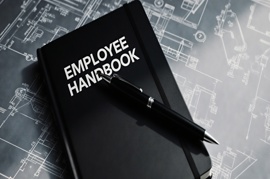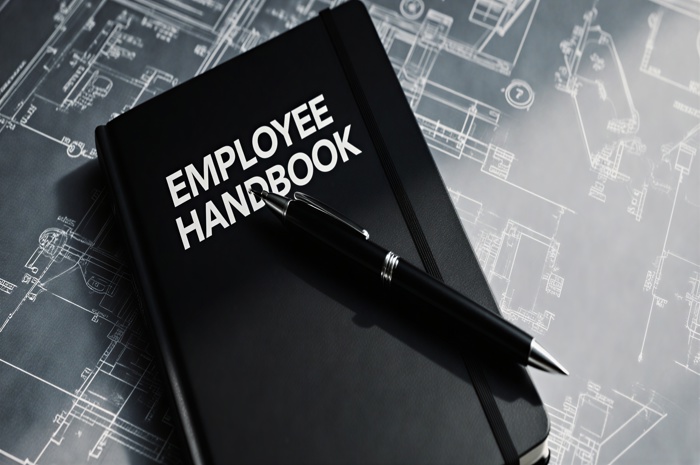What is a director?
A director is someone who is legally responsible for running the company and making sure company accounts and reports are properly prepared. As a director you can be held accountable for the company’s actions.
What are the criteria for becoming a director?
To be a director the individual must be 16 or over and not be disqualified from being a director. Possible reasons for a director’s disqualification are if the:
- Allowing a company to continue trading when it cannot pay its debt/when its insolvent
- Being a director while bankrupt
- Not keeping proper company accounting records
- Not paying tax owed
- Failing to submit tax returns and accounts to Companies House
- Fraudulent activities
- Using company money or assets for personal benefit
What are the duties of a director?
As outlined in the Companies act 2006, all company directors must adhere to their general duties. The general duties of a director are based on common law rules and principles and therefore has effect in place of those rules and principles. There are 7 duties a director must abide by:
- Duty to act within powers
- Duty to promote success in the company
- Duty to exercise independent judgement
- Duty to exercise reasonable care, skill and diligence
- Duty to avoid conflicts of interest
- Duty not to accept benefits from third parties
- Duty to declare interest in proposed transaction or arrangement
What is an employee?
An employee is someone who is over the age of 16 and works under an employment contract, they are simply the ‘workers’ of the company. As soon as someone accepts a job offer, they have a contract with their employer. An employment contract is an agreement between the company and the employee that sets out an employee’s:
- Employment conditions
- Rights
- Responsibilities
- Duties
With regards to responsibilities, the employer is legally responsible for the actions of its employees, this is called vicarious liability. This is the case until an employee has gone outside the expressed and implied duties and authority of their work, in this case the employer would not be held vicariously liable .
The duties of employees are simple compared to those of directors and are outlined by the Health and Safety at Work Act 1974, these are:
- Take reasonable care of their own health and safety
- Co-operating with their employer and following instructions
- Not putting others in danger
- Informing their employer of anything that could jeopardise workplace safety
What are the differences between a director and an employee?
| Director | Employee |
- Director's personal details are placed in the public record by Companies House
- A directors duties are outlined by the Companies Act 2006
- Empowered to take all decisions to commit the company, organise its activities and hire and dismiss employees
- Civil and criminal liability in case of infringements/liability of company in the course of business
| - An employees personal details are kept by the company but are not publicly available
- An employees duties are outlined by the Health and Safety at Work Act 1974
- Can only act on behalf of the company when powers to act or sign are delegated to them
- Criminal liability in case of infringement/liability of the company is limited to areas where powers have been delegated but there is no civil liability unless employee intentionally harmed or damaged the company
|
This article is information only and has been prepared for general guidance on matters of interest only, and does not constitute legal, accounting, tax, investment or other professional advice or services. You should not act upon the information contained in this article without obtaining specific professional or legal advice. No representation or warranty (express or implied) is given as to the accuracy or completeness of the information contained in this article, and, to the extent permitted by law, Comdal Limited, its members, employees and agents do not accept or assume any liability, responsibility or duty of care for any consequences of you or anyone else acting, or refraining to act, in reliance on the information contained in this publication or for any decision based on it.





















